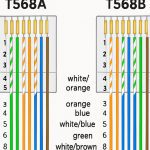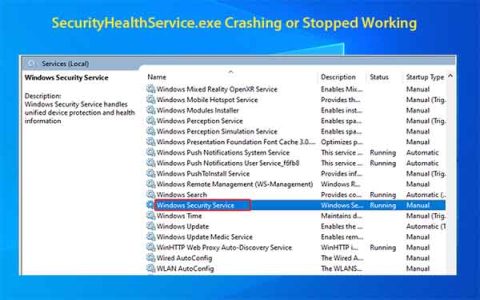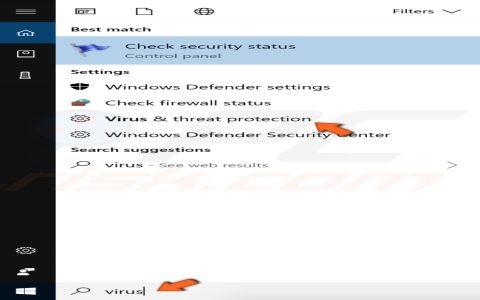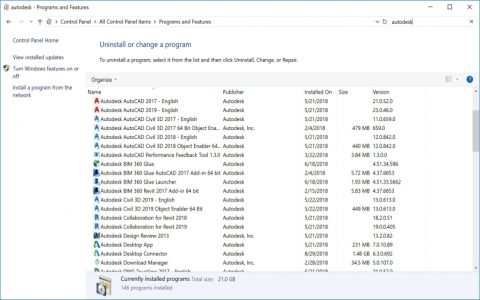Debian offers superior stability, lightweight resource consumption, and robust open-source security, making it an excellent choice for tablets. Its modular design allows extensive customization to match hardware constraints, while ARM architecture support ensures broad compatibility without bloat. This combination enhances longevity and responsiveness on mobile devices.
Key Performance Optimization Tips
- Minimize Startup Services: Disable unnecessary systemd services to reduce boot time and memory usage; use tools like systemctl to optimize.
- Select a Lightweight Desktop Environment: Install resource-efficient options like LXQt or Xfce to minimize CPU and RAM overhead, improving multitasking.
- Tweak Kernel Parameters: Adjust /etc/* settings such as lowering to enhance memory management and reduce swapping.
- Implement Memory Compression: Enable zram for compressed swap in RAM, boosting performance on low-memory tablets without added storage wear.
- Optimize Storage and Filesystems: Use noatime mount options and enable SSD trim (via fstrim) to extend storage life and speed up I/O operations.











